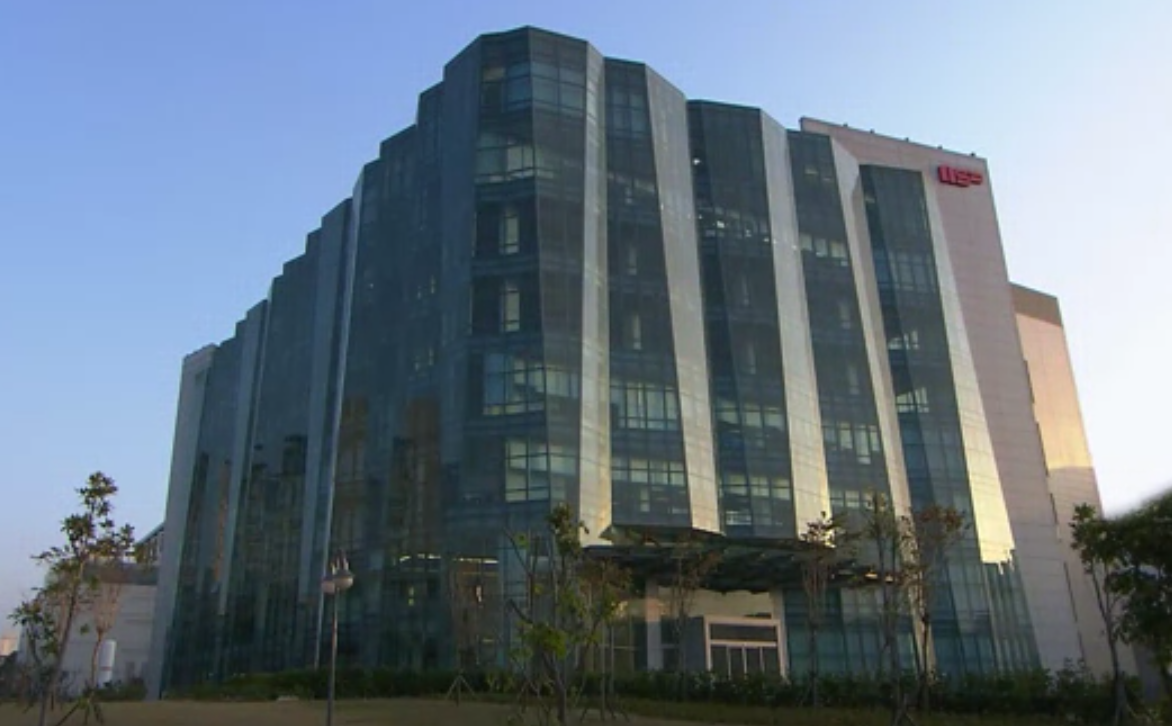“NSP is currently in a major business transitional stage due to external environmental factors, such as today’s rapidly changing solar market, frequent solar trade disputes around the globe and ongoing challenges in multicrystalline solar cell overcapacity,” it said in an emailed statement. It expects its performance to start improving from the final quarter of 2017, in line with the ongoing expansion of its downstream project business.
The Taiwanese PV cell and module manufacturer said that its “losses narrowed compared to the last quarter,” although it has not published results for the October-December 2016 period. Net revenue continued to slide in the first three months of the year to NT$2,162 million, from NT$2,979 million in the third quarter of 2016. Operating expenses fell from the October-December period to NT$444 million, on an operating loss of NT$1,135 million.
It attributed the decline to weak orders, as PV developers in China have not rushed to complete projects in the first half, as anticipated, ahead of planned changes to Beijing’s solar policies. Slumping average selling prices (ASPs), due to multicrystalline PV cell overcapacity in China, also weighed on NSP’s quarterly earnings.
It recorded a full-year loss of NT$6.3 billion in 2016 — down from a net profit of NT$139 million a year earlier, primarily due to falling ASPs. As a result, the Hsinchu-based company scaled back shipments of multicrystalline solar cells in the first three months of this year. The move is in line with its plans to gradually shift its strategic focus to monocrystalline PV products, particularly higher-margin monocrystalline passivated emitter rear contact (PERC) solar cells.
NSP plans to continue to increase its cash on hand, after successfully raising $120 million by issuing credit-enhanced zero coupon convertible bonds in October. Cash on hand totalled NT$7,149 million at of the end of the first quarter. “In principle, the company’s overall financial operations will continue to be conservative,” it said.
This content is protected by copyright and may not be reused. If you want to cooperate with us and would like to reuse some of our content, please contact: editors@pv-magazine.com.



By submitting this form you agree to pv magazine using your data for the purposes of publishing your comment.
Your personal data will only be disclosed or otherwise transmitted to third parties for the purposes of spam filtering or if this is necessary for technical maintenance of the website. Any other transfer to third parties will not take place unless this is justified on the basis of applicable data protection regulations or if pv magazine is legally obliged to do so.
You may revoke this consent at any time with effect for the future, in which case your personal data will be deleted immediately. Otherwise, your data will be deleted if pv magazine has processed your request or the purpose of data storage is fulfilled.
Further information on data privacy can be found in our Data Protection Policy.